Bottle cap magnet Omer counters
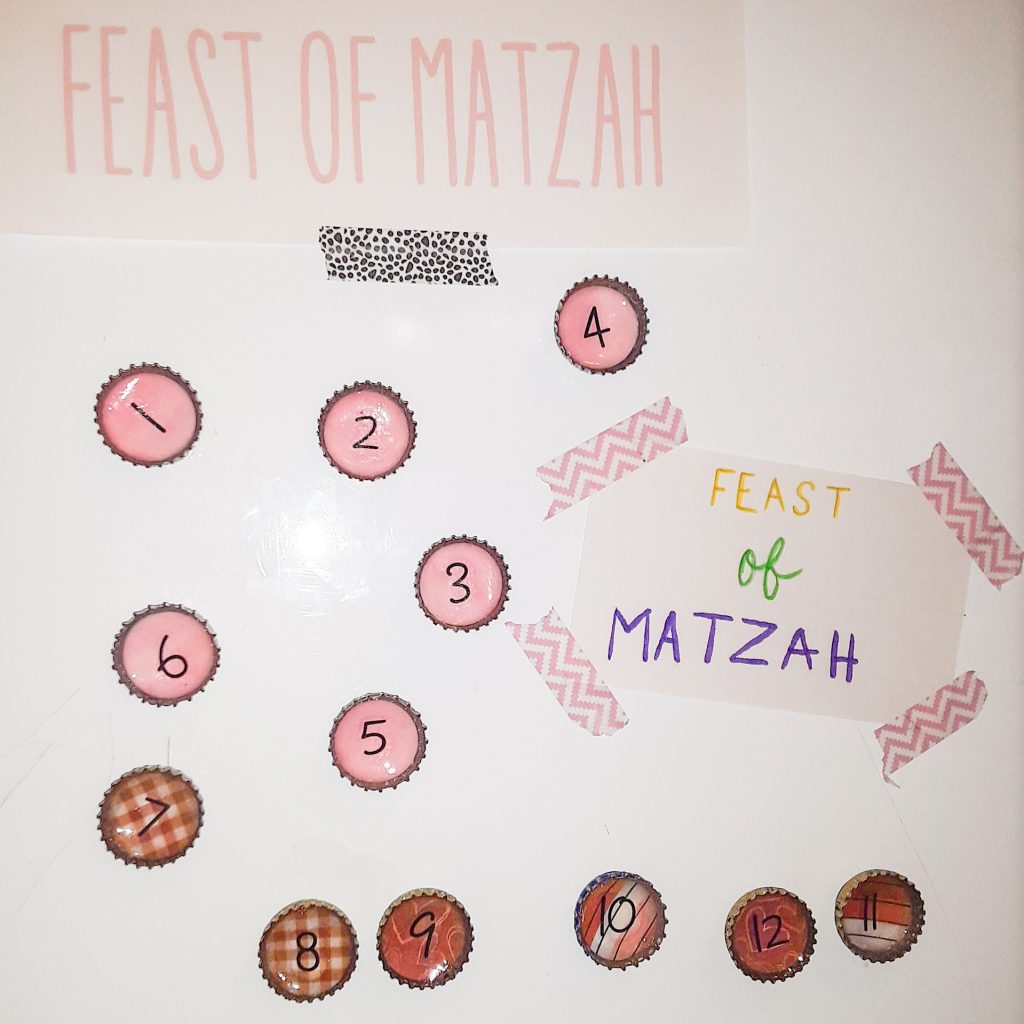
We are instructed in Scripture to count 50 days from the Shabbat during Feast of Unleavened Bread to the next feast day, which is Shavuot! Shavuot is also called the Feast of Weeks, which makes perfect sense, since we count 7 full weeks, and celebrate on the following day. This can be a fun, engaging […]
Prep Day FAQs

We’ve all been there. We learn about the Torah and how all of Scripture stills applies. We learn that we need to keep the Sabbath on the seventh day. Then we hear about this thing called Preparation Day. At first glance, and even after trying to keep Shabbat for weeks or months, preparation day can […]
Establishing a Torah time
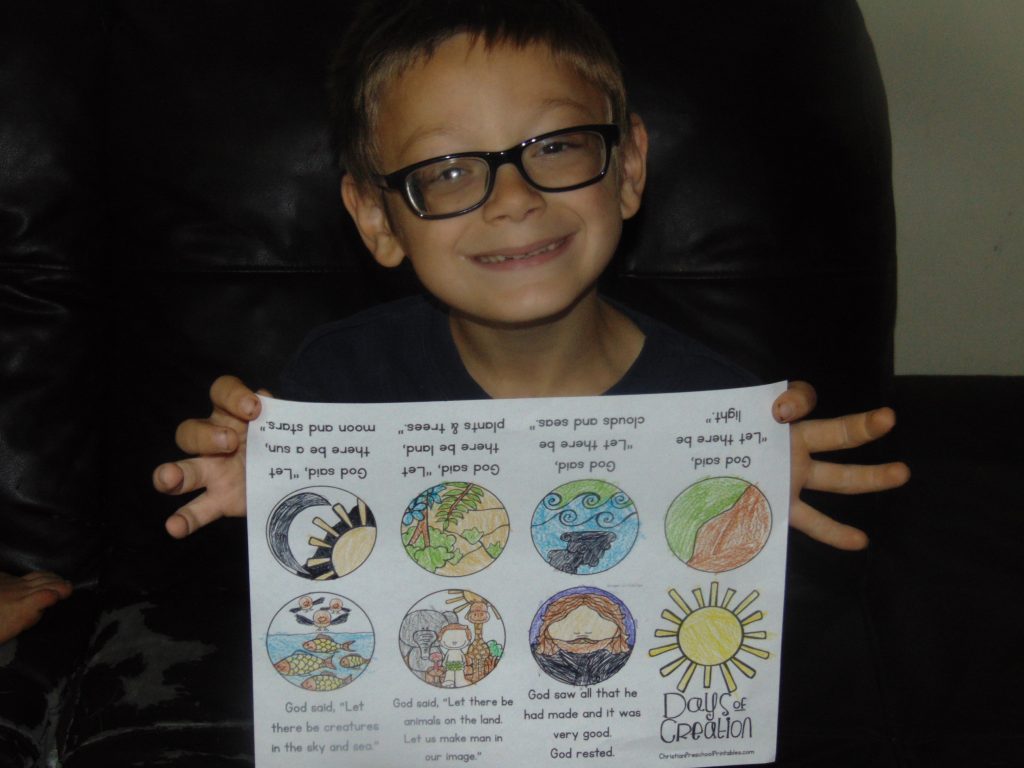
When I was younger, I taught Sunday school. Each week, I welcomed a rambunctious group of third and fourth graders into my little classroom. I had colorful posters, object lessons, memory verse games, and storytelling. I don’t go to that much effort now, but my husband and I have established a time each Shabbat after […]
A prayer of confession for Yom Kippur

I came across this prayer in Philip Goodman’s “The Yom Kippur Anthology.” I read it aloud on Yom Kippur and barely got through it because I was crying so hard. It is quite a lengthy prayer, but has a way of putting us face to face with our sin, and the seriousness of it. I […]
Healing and the great commands

I used to have a much different view of healing than I do now. Thanks to exposure to certain teachers, I believed that physical ailments were a direct result of my sin. Healing could be acquired by repenting of my sins and praying with full belief that God could heal me. This sounds very Biblical, […]
Beresheet
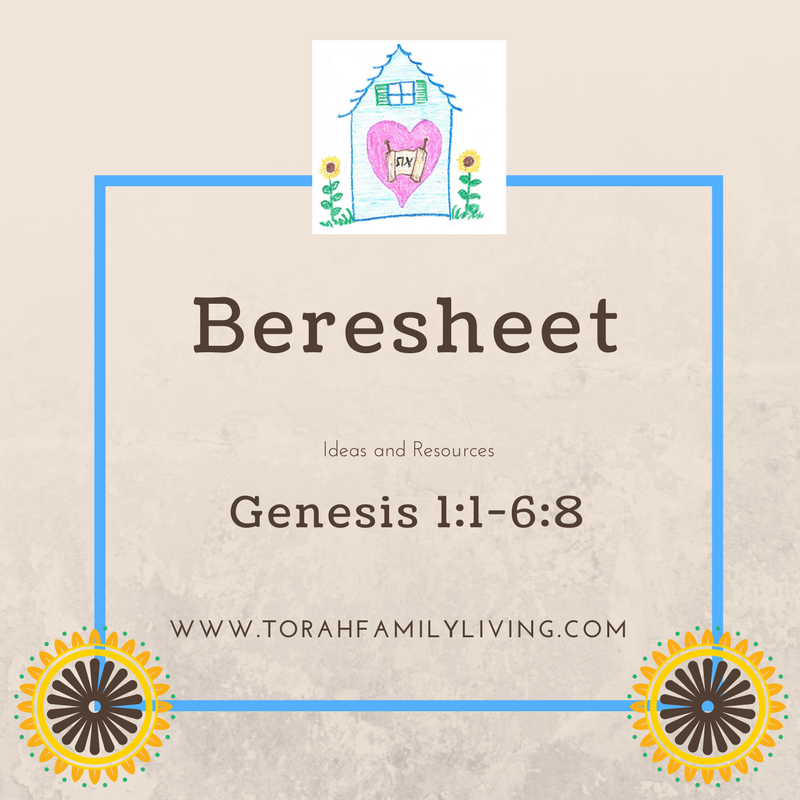
Welcome to Torah portion Beresheet Beresheet means In the beginning. Scripture passage: Genesis 1:1-6:8 Read Aloud from My First Torah In the beginning, Elohim made the heavens and the earth. He made everything by just speaking. He made everything in six days. On day one, He made light and dark. On day two, He made […]
Ki Tavo
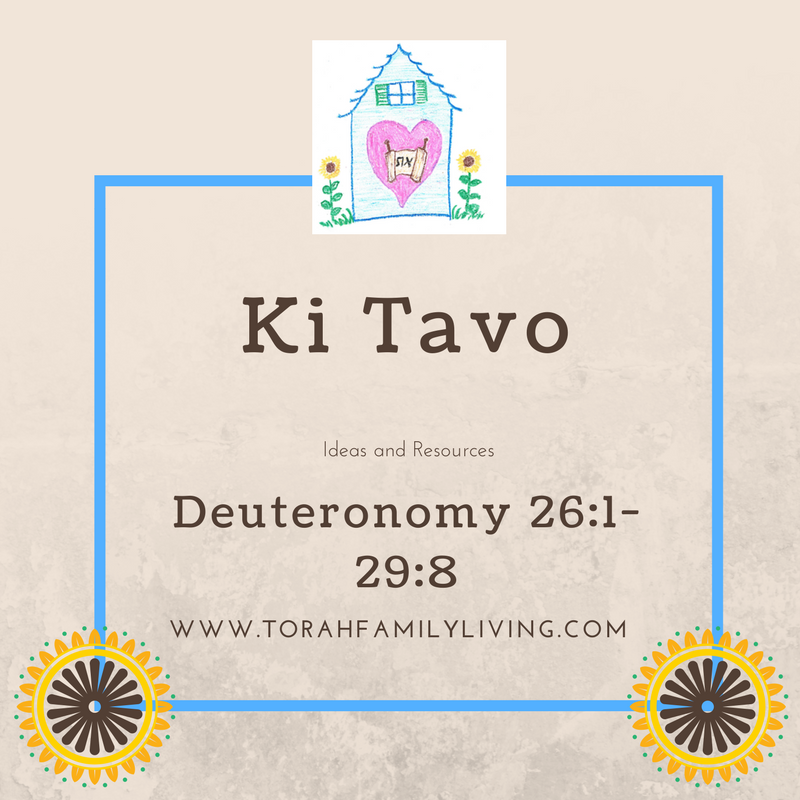
Welcome to Torah portion Ki Tavo Ki Tavo means When you come in. Scripture passage: Deuteronomy 26:1-29:8 Read Aloud from My First Torah Moses continued to prepare the people for going into the Promised Land. He told them about firstfruits and tithes. Firstfruits is when they take the very first part of their harvest and […]
Shoftim
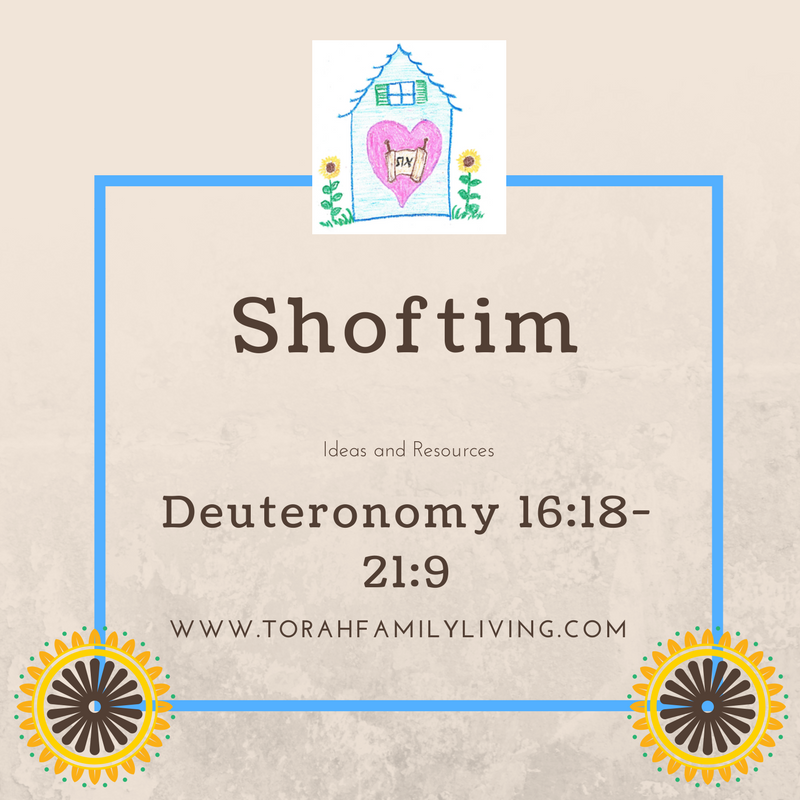
Welcome to Torah portion Shoftim Shoftim means Judges. Scripture passage: Deuteronomy 16:18-21:9 Read Aloud from My First Torah Torah teaches us much about how to live right. Torah also shows us how a country would look if everyone obeyed Torah. First, it would be a country where everyone is treated fairly. Judges and officers are […]
Re’eh
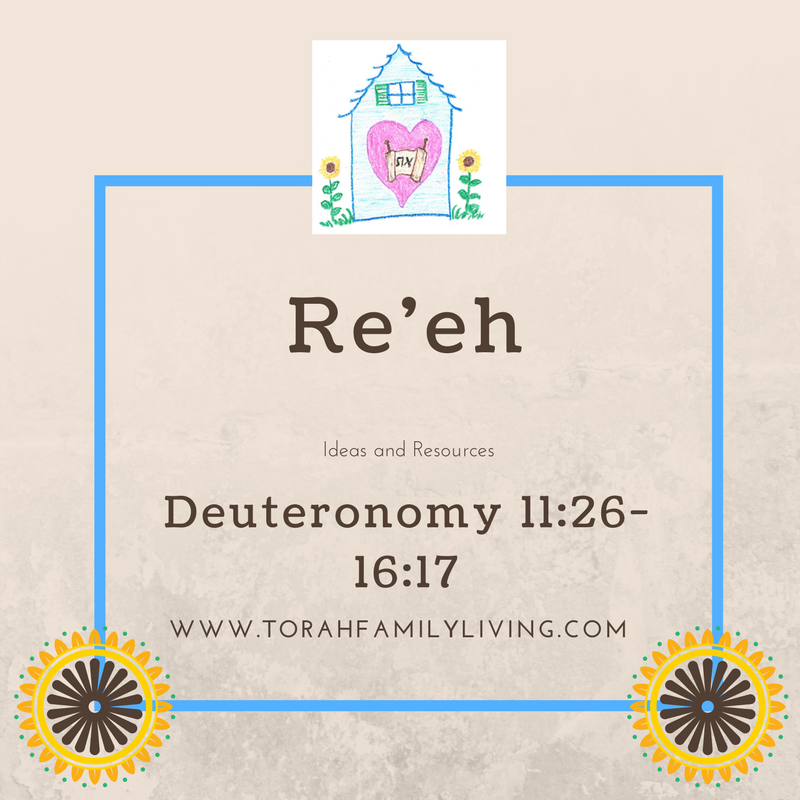
Welcome to Torah portion Re’eh Re’eh means See. Scripture passage: Deuteronomy 11:26-16:17 Read Aloud from My First Torah Moses continued to teach the people to prepare them for going into the Promised Land. They were to destroy the altars and holy places of other gods. They were to worship and serve only YHVH. YHVH would […]
Ekev
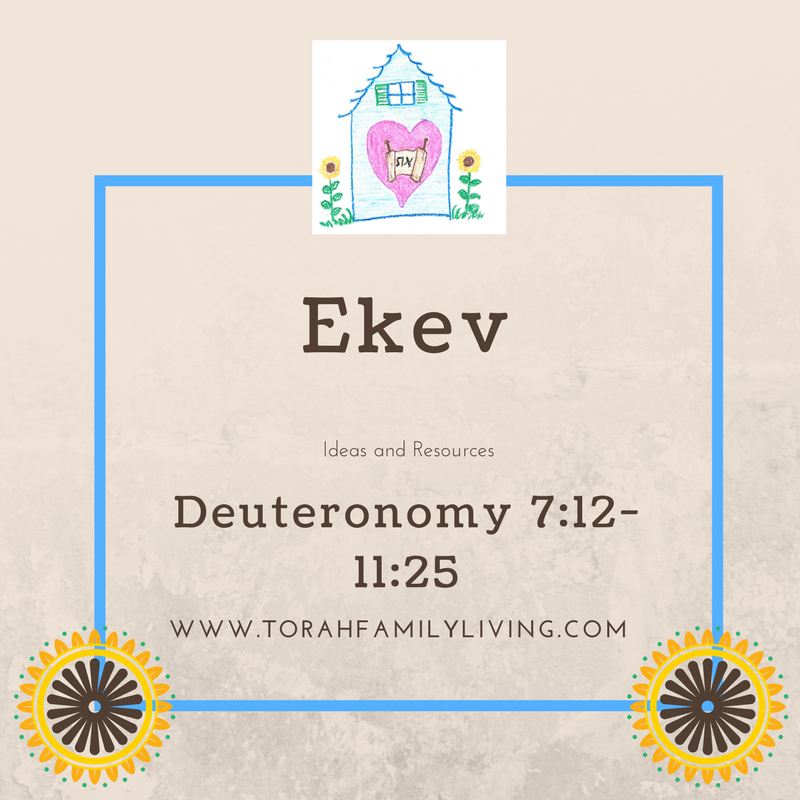
Welcome to Torah portion Ekev Ekev means Consequence. Scripture passage: Deuteronomy 7:12-11:25 Read Aloud from My First Torah Moses reminded the people that when they obey, YHVH blesses them. YHVH made a covenant, a promise, with them. He would love and bless them. He would give them many children. He would give them big herds […]

You must be logged in to post a comment.